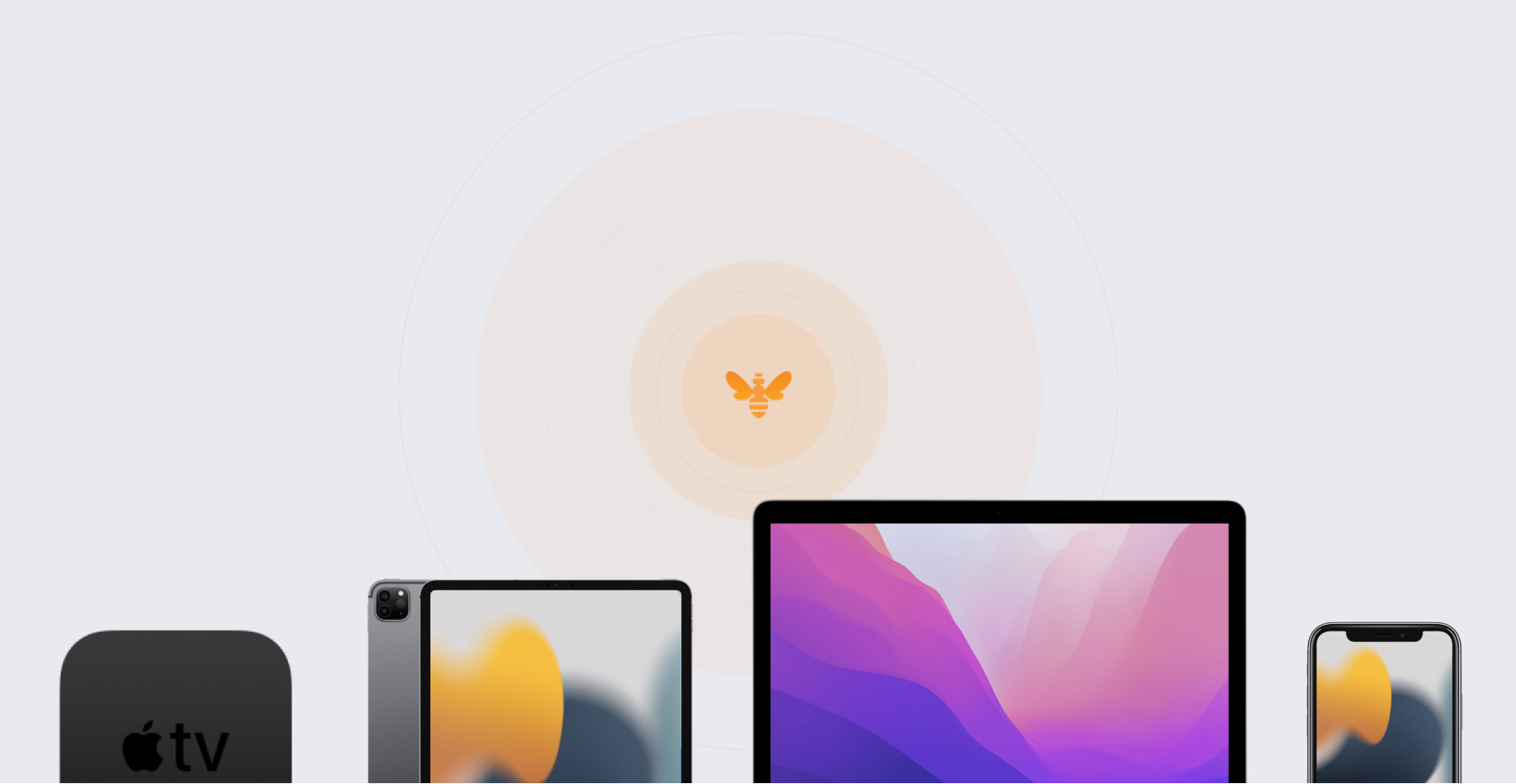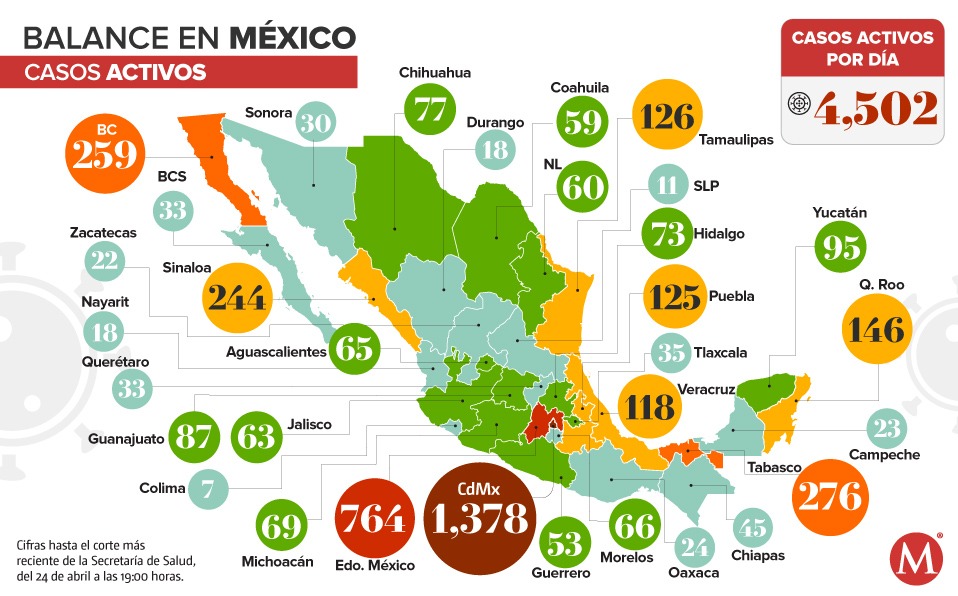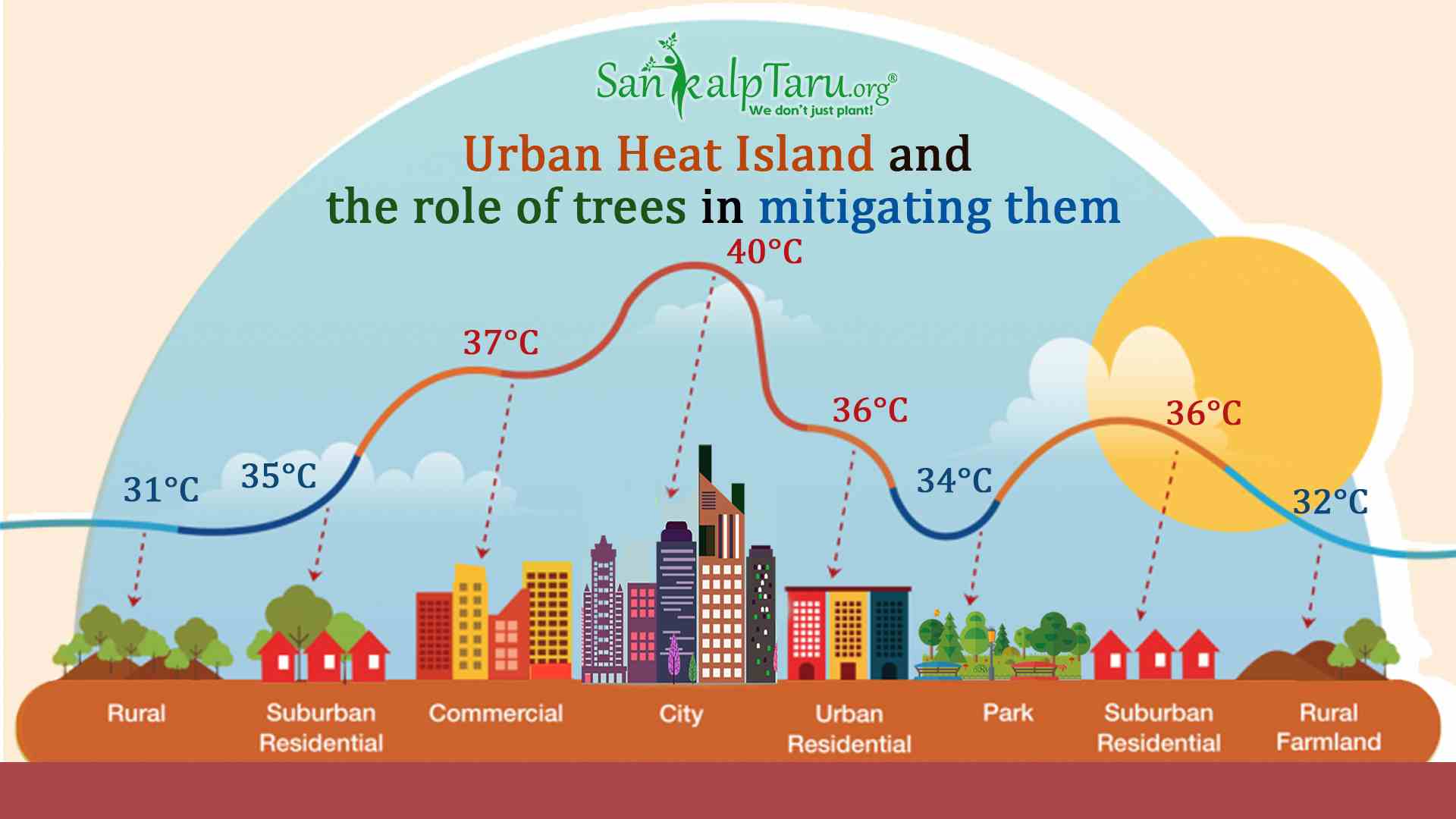Apple To Rename Its Operating Systems? A Deeper Look

Table of Contents
The Current Landscape of Apple Operating Systems
Apple currently boasts a diverse ecosystem of operating systems, each tailored to a specific device category. Let's briefly review them:
-
iOS: Powering iPhones and iPod Touches, iOS is known for its intuitive user interface, robust App Store, and seamless integration with other Apple services. Key features include its focus on mobile productivity, gaming, and communication.
-
iPadOS: Designed for iPads, iPadOS builds upon iOS, adding features optimized for the larger screen size. Multitasking capabilities, external display support, and enhanced productivity tools are central to iPadOS's design.
-
macOS: macOS runs on Apple's Macintosh computers, providing a desktop experience focused on productivity and creativity. It offers a wide range of professional applications and a powerful file management system.
-
watchOS: The operating system for Apple Watch, watchOS prioritizes fitness tracking, notifications, and quick access to information. Its compact interface and focus on wearable technology make it unique within Apple's ecosystem.
-
tvOS: Running on Apple TV, tvOS focuses on media streaming, gaming, and smart home integration. Its clean interface and emphasis on entertainment make it a compelling platform for home theater setups.
The current naming conventions, while distinct, also reflect the individual device categories. However, the evolution of these operating systems, with increasing cross-platform functionality, begs the question: is it time for a change?
Why the Speculation About Renaming Apple's Operating Systems?
The rumors of a potential Apple operating system rename aren't without basis. Several factors could be driving this speculation:
-
Brand Consistency: A unified naming scheme could strengthen Apple's brand identity, presenting a more cohesive software experience across all its devices. This would simplify marketing and user understanding.
-
Simplification for New Users: The current nomenclature can be confusing for newcomers to the Apple ecosystem. A single, easily understood name could improve onboarding and user adoption.
-
Reflecting Evolving OS Capabilities: As Apple's operating systems become increasingly integrated, a new name might better reflect their shared functionality and cross-device capabilities. The lines between iOS and iPadOS, for example, are blurring.
-
Preparation for New Devices/Platforms: A name change could be a precursor to the introduction of new hardware or software platforms, allowing Apple to introduce a fresh brand identity alongside significant changes.
This unified branding strategy could streamline Apple's software marketing and potentially enhance its overall brand perception.
Potential New Names and their Implications
Several potential names for a unified Apple operating system are circulating. Here are a few possibilities and their potential impacts:
-
AppleOS: A straightforward and easily understandable name. Pros: Unified branding, simple to remember. Cons: Might feel generic and less exciting compared to the current names.
-
Apple One OS: Leveraging the existing "Apple One" branding for its subscription services. Pros: Familiar branding, memorable. Cons: Potential confusion with the subscription service, could dilute the brand.
-
AuraOS: A more evocative and modern name, suggesting a seamless and integrated experience. Pros: Modern, sophisticated. Cons: Unfamiliar, might require extensive marketing.
The impact of each name on brand perception is significant. A well-chosen name would enhance the user experience and reflect Apple's innovative spirit. A poorly chosen name, conversely, could cause confusion and dilute the brand.
The Future of Apple Software and its Naming
A potential rename of Apple's operating systems has far-reaching implications. It would likely affect developer strategies, requiring them to adapt to new APIs and branding guidelines. The user response will largely depend on how well the change is communicated and integrated into the user experience. Several future trends could be influenced by a name change:
-
Increased Integration: We can expect even tighter integration between different Apple devices and their operating systems.
-
Cross-Device Functionality: A unified naming scheme would underscore Apple's commitment to seamless cross-device functionality.
-
Streamlined Software Ecosystem: The goal is likely a more streamlined and intuitive software ecosystem for users.
The future of Apple software hinges on innovation and a cohesive user experience. A change in Apple operating system naming might be a key step in achieving this goal.
Conclusion
The speculation surrounding a potential renaming of Apple's operating systems highlights the ongoing evolution of Apple's software landscape. While the reasons behind a potential change – from brand consistency to simplifying the user experience – are compelling, the uncertainty remains. The impact on users, developers, and Apple's overall brand is significant. Stay tuned for further updates on Apple's software strategy and any potential renaming of its operating systems. Keep checking back for the latest news and analysis on the future of Apple software!

Featured Posts
-
 Problemas Ticketmaster 8 De Abril Noticias De Grupo Milenio
May 30, 2025
Problemas Ticketmaster 8 De Abril Noticias De Grupo Milenio
May 30, 2025 -
 Building A Cooler Future Innovative Materials For Indias Urban Heat Challenge
May 30, 2025
Building A Cooler Future Innovative Materials For Indias Urban Heat Challenge
May 30, 2025 -
 Glastonbury 2025 Your Guide To Resale Ticket Sales
May 30, 2025
Glastonbury 2025 Your Guide To Resale Ticket Sales
May 30, 2025 -
 Municipales Metz 2026 Laurent Jacobelli Candidat
May 30, 2025
Municipales Metz 2026 Laurent Jacobelli Candidat
May 30, 2025 -
 Tennis Legend Andre Agassi Enters The World Of Professional Pickleball
May 30, 2025
Tennis Legend Andre Agassi Enters The World Of Professional Pickleball
May 30, 2025
